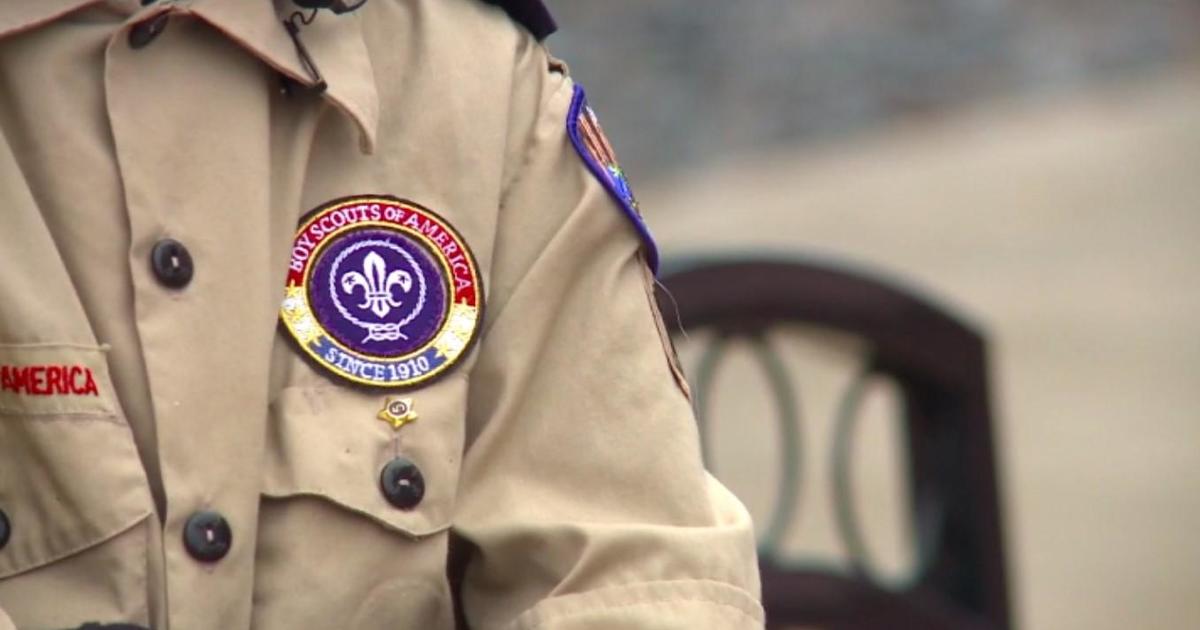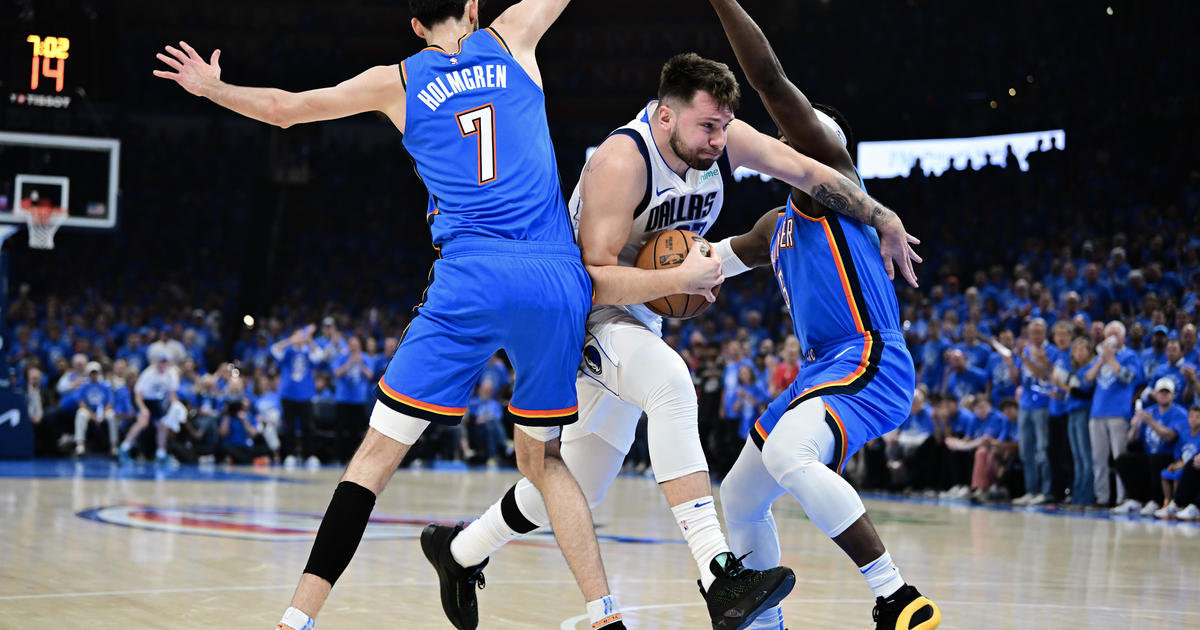Historians May Have Found Remains Of Legendary Texas Ranger
FALLS COUNTY (CBSDFW.COM) - Even before Texas was a republic, the first Texas Rangers established a system of law and order. One of those men, James Coryell, is the subject of history and myth.
According to legend, Coryell died protecting settlers in 1837. His final resting place was lost to history; but now archaeologists think they may have found his grave in rural Falls County, about an hour east of the city and county that bears his name.
The find is encased in hard clay, and archaeologists are unearthing it. "The skeleton is a book for us. You can read a book. We can read bones," explains Dr. Doug Owsley, a forensic anthropologist and curator at the Smithsonian Institution, which is assisting the Texas Historical Commission in the dig.
Bit by granular bit, the remains reveal clues that the skeleton may, in fact, be Texas Ranger James Coryell... a friend of Jim Bowie, as well as a hero of the revolution.
"He's fairly sturdy fellow, fairly robust," Dr. Owsley says, remarking on the remains at his feet. "It's a coffin burial, very straightforward," he says, "It's aligned for standard Christian European east-west type of orientation."
The wood is gone but coffin nails remain; that's a distinctive grave for this area but consistent with an 1837 time-frame, the year Ranger Coryell was killed. "At this time period they tend not to have any coffin hardware other than just nails, they don't have handles, anything like that," Owsley said of the era.
According to Dr. Owsley, coffin hardware didn't become more ornate until after 1850. "So, he's [the body in the grave] still in the matter-of-fact, pretty straightforward run-of-the-mill, let's-put-the-guy-in-a-box."
There is no marker on the grave -- in fact there are no pictures of James Coryell. A sculptor tells CBS 11 News that a statue honoring him, in nearby Coryell County, is admittedly a guess, based partly on a picture of his brother.
Members of the Texas Historical Commission literally stumbled on the grave while documenting a nearby slave cemetery. Local lore had Coryell buried just south of such a cemetery, under stones brought in from a nearby spring.
"For me, this is tremendously exciting," says Dr. Jim Bruseth, the head of the Texas Historical Commission, who is supervising the dig.
The historical commission has located a potential DNA match to help confirm if the bones are Coryell's. "The final, culminating piece of evidence will be the DNA analysis. We're hoping that the bone is preserved well enough to have DNA in it," Bruseth said optimistically. Dr. Owsley and the Smithsonian will help with the DNA analysis.
Since the grave is in hard clay, water has pooled in the bottom and increased the rate of decay. Despite that, the body has revealed some important secrets. So far, archaeologists have found teeth from the cranium, a button -- possibly from his underwear -- shirt buttons, a copper ring, and a metal piece in the chest cavity that may be an arrowhead; that would help confirm the true identity.
The arrowhead is key because Ranger Coryell was killed in an Indian attack while protecting settlers. Dr. Bruseth says the murder was tragic and unnecessary, because another group of settlers had killed some friendly Caddo Indians they mistakenly took for horse thieves. "So the attack on the Caddo, that resulted in James Coryell's death, really was a revenge for a bad set of events that the colonists themselves had created on the Caddo people."
Brantley Foster watched the dig with quiet reverence. He is a retired Texas Ranger and a director of the Former Texas Rangers Foundation, which helps the agency locate and honor former Rangers.
For Foster and other Rangers the dig is both historic and emotional. "He was serving to protect... that's what all of us do," Foster said as he watched archaeologists trowel and brush away dirt from the bones. "You know, Ranger tradition means a lot to us, and this is one of the guys who came first and made the reputation that we've been able to live off of all these years." Foster added, "James and his fellow Rangers, the reputation that they made, we try to uphold today."
Bruseth says if the bones are those of Texas Ranger James Coryell they will likely be re-buried in a perpetual care cemetery. And, if Foster and the Former Rangers Foundation get their way, there will be a permanent granite marker placed to honor his contributions.




